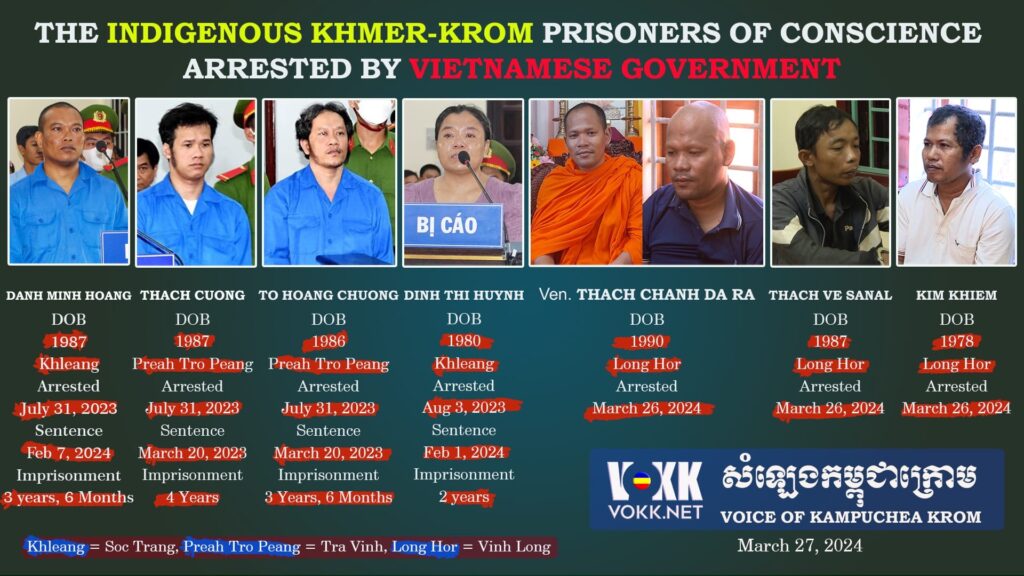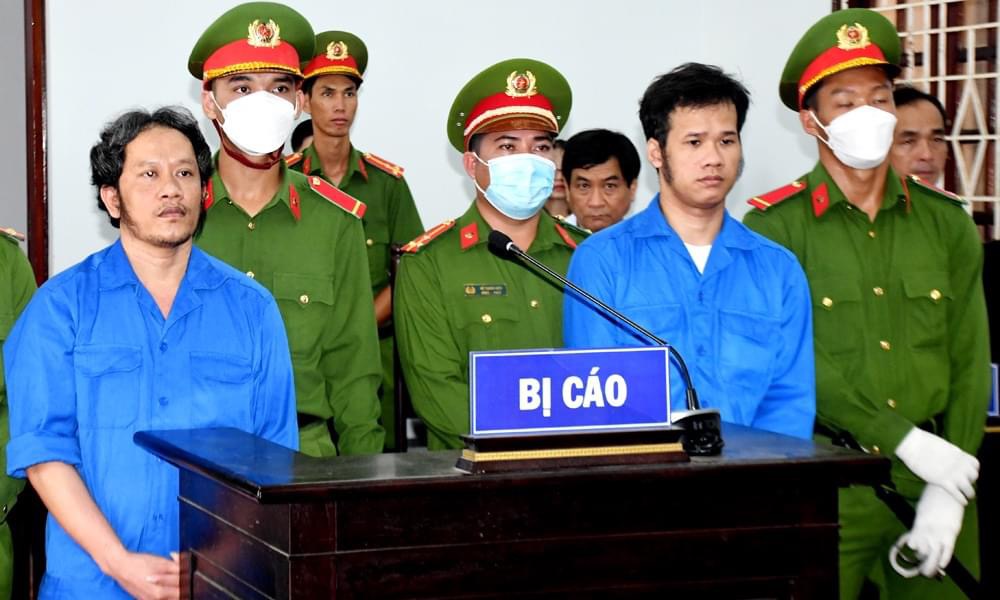Vietnam suppresses its own citizens in a manner that is inhumane. A sincere international interest in the country and its people is appropriate given the history and development. (by Harry van Bommel and Putheany Kim )
Last month’s state visit to Vietnam by the Dutch King Willem-Alexander and Queen Máxima was unexpectedly cancelled at the insistence of that country due to “domestic circumstances.” Various media outlets linked it to the fact that president Vo Van Thuong was forced to leave office. We believe the reason should be sought in recent serious violations of human rights in the country. A state visit of a potentially important trading partners is not convenient at that moment.
Vietnam is a centrally controlled communist one-party state with a rapidly growing mixed socialist market economy. The country has nearly 100 million inhabitants and was long divided into communist North Vietnam and capitalist South Vietnam. After the bloody war
that ended in 1975, the country was unified, formally in 1976. Since then, Vietnam has been a communist one-party state. The country is governed by the Communist Party, with General Secretary Nguyen Phú Trong at the lead. The president, prime minister, and parliamentary
speaker are effectively subordinate to him.
According to the authoritative human rights organization Human Rights Watch, Vietnam suppresses its own citizens in a manner that is inhumane. Fundamental freedoms such as freedom of speech, assembly, and association are denied to the population. Critical bloggers
and activists are arrested and detained for long periods. At the end of March, human rights defenders advocating for the interests of one of the largest minority groups in Vietnam, the Khmer-Krom, were convicted of alleged abuse of democratic freedoms: Mr. To Hoang
Chuong was sentenced 3,5 years in jail and Mr. Thach Cuong 4. In Vietnam, the criminal law does not protect citizens but is rather used as a tool for the government to suppress them.
The Khmer-Krom community in Vietnam, predominantly residing in the Mekong Delta in the southwest of Vietnam, belongs to the original inhabitants of that region. They have lived there since the 18 century, before Vietnam took over the Mekong. The Khmer-Krom community
differs from Vietnam in language, culture, and religion. Therefore, the Vietnamese government tries to assimilate the Khmer with prohibitions and regulations into the rest of the country. For instance, a method that is used is the prevention of Khmer names at the birth of Khmer babies. In addition, Khmer monks are being oppressed too and are forced to join the governmental controlled religious entity Vietnam Buddhist Sangha. Citizens and monks who openly speak their mind about this concerning situation run the risk of being prosecuted.
While the state visit by the King may have been cancelled, from March 19 to 22, a Dutch trade mission with two ministers and 140 businessmen from 75 Dutch companies travelled to Vietnam. The itinerary of the high level delegation included agro-food, water, logistics, and attending a football match. The human rights situation in Vietnam was not part of it. Once again, commerce has prevailed over ethics.
We assume that the royal couple did not intend to visit Vietnam solely because of Dutch economic interests. A sincere interest in the country and its people is appropriate given the
history and development. We therefore urge the royal couple not to definitively cancel a visit to Vietnam but to press the Vietnamese government for a new date. A visit to the stunningly beautiful Mekong Delta, where life mainly revolves around water, should not be missed. And a meeting with representatives of the Khmer-Krom community is also obvious. This can prevent the perception in Vietnam that the Netherlands only visits the country to benefit economically.
*Harry van Bommel is a Dutch human rights activist and former MP. Putheany Kim is the representative of the Khmer-Krom in the Netherlands.


